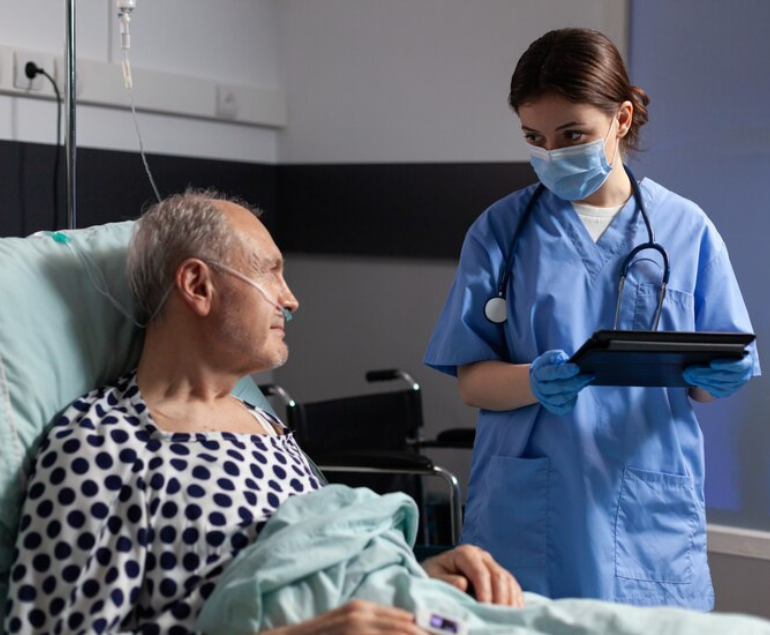shreyadityahospital@gmail.com
New Sanganer Rd, Opposite Metro Pillar No. 77, Vivek Vihar, Sodala Jaipur 302019

The Intensive Care Unit (ICU) is a specialized department in hospitals dedicated to the care of patients with severe, life-threatening illnesses and injuries that require constant, close monitoring and support from specially trained medical professionals. The ICU is equipped with advanced medical technology and staffed by a multidisciplinary team of healthcare providers, including intensivists (physicians specializing in critical care), nurses, respiratory therapists, pharmacists, and other specialists.
